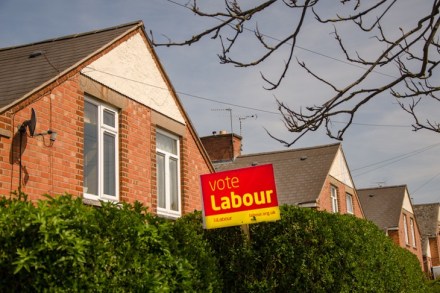Being anti-smoking damages your mental health
I lit a cigarette in an open-air car park a couple of years ago as I was walking to the exit. I noticed a Nissan Micra heading towards me from the far corner and thought at first it was going to run me over. But it pulled up alongside and a woman put her head out of the window. ‘Do you realise that other people have to breathe in your smoke,’ she snarled, ‘including people like me, who have cancer.’ There was nobody within 50 yards of me, apart from this deranged woman who had driven double that distance simply to register her hatred. I wondered for a while about




















